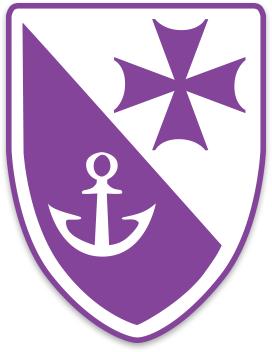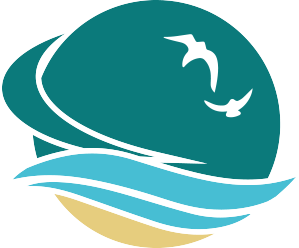Science
Intent
We have developed a science curriculum that aims to engage pupils in understanding the world that we live in through observation, investigation and experimentation. We aim to give children an understanding of the world around them whilst acquiring specific skills and knowledge to help them to think scientifically, to gain an understanding of scientific processes and also an understanding of the uses and implications of science, today and for the future. Throughout the curriculum, children are made aware of how Science has changed our lives and understand how vital it is for the world’s future success. We teach pupils about present-day role models in science alongside the contributions of scientists from a wide range of social and cultural backgrounds. All pupils, regardless of their starting point, are given the opportunities to deepen their core knowledge and to develop a love for science.
Pupils are taught substantive and disciplinary knowledge in science. Substantive knowledge is taught through a carefully sequenced curriculum, which allows for the development of vertical concepts – the big ideas in science – in small steps. The curriculum enables children to make connections between the three disciplines of science (Biology, Physics and Chemistry), the wider curriculum and the wider world. Disciplinary Knowledge, the working scientifically elements, are explicitly taught and practised alongside substantive knowledge and regularly reviewed and built upon across the years and key stages. Practical tasks are planned to have a clear purpose and demonstrate or prove substantive concepts or to apply working scientifically skills in a relevant context. The science curriculum provides a grounding in core disciplinary and procedural knowledge, and the ability to approach challenging, scientific concepts, giving pupils the ability for pupils to learn how to think, read and write like a scientist.
Alongside these skills, we also aim to ensure that our curriculum is progressively challenging in terms of both knowledge acquisition, as well as the development of cognitive skills. We have carefully planned a progression of skills and knowledge within each Year group as well as across the whole curriculum. We have liaised with our feeder Infant school to ensure that there are no elements of repetition and all knowledge and skills are progressive.
Implementation
The implementation of the United Curriculum for Science reflects our broader teaching and learning principles, found here:
For Science in particular:
Content is always carefully situated within existing schemas. Every unit considers the prior knowledge that is prerequisite for that unit and builds on that knowledge to develop a deeper understanding of that concept.
Vertical concepts are used within lessons to connect aspects of learning. For example, in Year 1 pupils learn that different objects have a specific purpose; In Year 2 they learn that objects are made from different materials because these materials have different properties which make them suitable for a different purpose, and in Year 4 they learn that some of the properties of different materials can be classified as chemical or physical.
Disciplinary knowledge is explicitly taught to pupils and carefully sequenced to ensure pupils are provided with opportunities to practice these skills throughout the curriculum.
Sustainability forms an integral part of the science and geography curriculum. An appreciation and understanding of key aspects of sustainability are carefully sequenced and interweaved for the most part through science and geography lessons.
Opportunities for extended, scholarly writing appear throughout the curriculum. These have a clear purpose and audience and, crucially, allow pupils to write as a scientist. For example, in Year 4 pupils write a letter to an elderly relative to explain the solutions that exist to help with hearing loss.
Impact
The careful sequencing of the curriculum – and how concepts are gradually built over time – is the progression model. If pupils are keeping up with the curriculum, they are making progress. Formative assessment is prioritised and is focused on whether pupils are keeping up with the curriculum.
In general, this is done through:
Questioning in lessons. Teachers check understanding so they can fill gaps and address misconceptions as required.
Pupil conferencing with books. Subject leads and SLT talk to pupils about what they have learnt – both substantive and disciplinary knowledge – and how this connects to the vertical concepts that they have been developing in previous years and other subjects. For example, in Year 6 pupils may be asked to talk about how combustion links to habitat loss of the polar bear.
Post-learning quizzes at the end of each unit. These give teachers an understanding of the knowledge that pupils can recall at the end of the unit, and can be used to identify any remaining gaps to be filled. These are generally recall questions, such as identifying the symbols used for electrical components used in a circuit or identifying different animal features.
Pre-learning quizzes at the start of each unit. These assess pupils’ understanding of the prior knowledge that is required to access the new content in the unit. These are used to identify gaps to be filled prior to teaching the new unit. For example, in a unit about magnetism, pupils will need to recall that a force can be a push or a pull and that forces act in particular directions. This knowledge is assessed in the Pre-Learning Quiz, and teachers can plan to fill any identified gaps.
Please see the attached documents.

